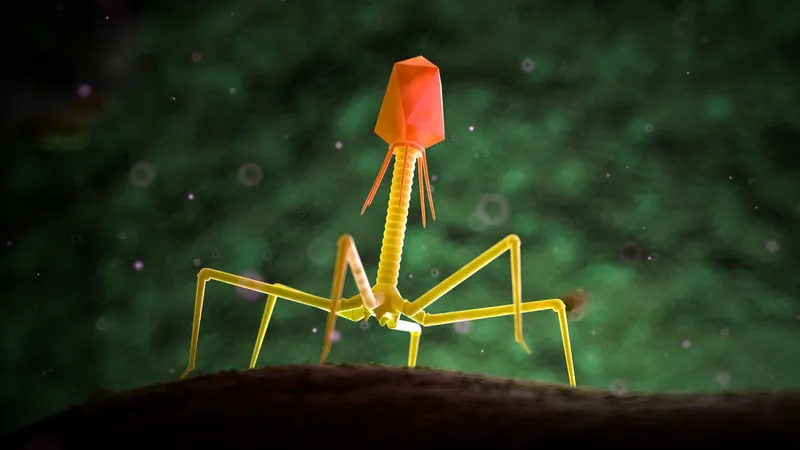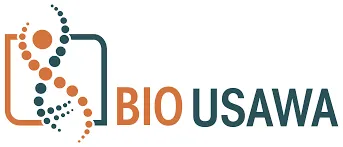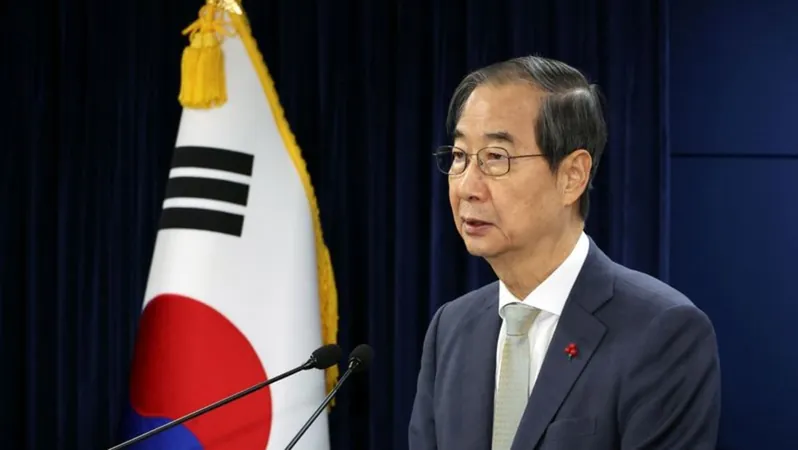
Meet the 'Phage Whisperer': The Revolutionary Scientist Battling Antibiotic Resistance with Viruses
2024-12-11
Author: Li
Introduction
As the medical community reevaluates the limitations of antibiotics, a promising alternative is emerging from the shadows: phage therapy. While antibiotics famously transformed once-fatal infections into treatable conditions, their overuse has rendered many of them ineffective against evolving superbugs, leading to a pressing need for innovative solutions.
What is Phage Therapy?
Phage therapy, which utilizes bacteriophages—viruses that specifically target bacteria—has regained attention. This method, originally conceived over a hundred years ago, is being championed by scientists such as Biswajit Biswas, known as the ‘Phage Whisperer.’
The Journey of Biswajit Biswas
Biswas's journey to this cutting-edge field began in his native India, where, observing the rampant use of antibiotics in animal husbandry, he sought alternatives. His curiosity led him to the historical applications of phages, such as those documented in the early 20th century, demonstrating their efficacy against diseases like cholera. A particularly striking case involved British medical officer Lieutenant Colonel J. Morison, who reported significantly fewer cholera deaths among those treated with phages.
Research and Breakthroughs
Relocating to the United States in the 1990s for his PhD at the University of Maryland, Biswas joined forces with NIH scientist Carl Merril, who was equally interested in the therapeutic potential of phages. Together, they embarked on experiments with laboratory mice to investigate how long these viruses could survive in their hosts. Their goal was to understand how to enhance the effectiveness of phages as potential treatments for antibiotic-resistant infections.
Biswas's methodology involved introducing phages into the mice and later analyzing their bloodstream to monitor the phages' persistence. Against expectations, a small fraction of the phages continued to thrive despite the body's immune response, prompting Biswas to refine this selection process. Over time, they successfully isolated phages that exhibited significantly higher survival rates than their initial counterparts. They humorously dubbed these resilient super-phages “Argo1” and “Argo2,” drawing inspiration from the legendary ship of Greek mythology.
Groundbreaking Results
The results of their research are groundbreaking. The tailored Argo phages demonstrated survival rates that surpassed the original strains by over 13,000 to 16,000 times. Not only did these enhanced phages survive longer within the mice, but they also expedited recovery when administered, marking a significant breakthrough in the battle against antibiotic resistance.
Conclusion
The resurgence of interest in phage therapy highlights an essential truth: modern medicine is at a crossroads, grappling with the limitations of antibiotics amid the rise of 'superbugs.' With courageous researchers like Biswas at the forefront, the future might see phage therapy not just as a backup option but as a mainstay in treating bacterial infections, potentially saving millions of lives.
As the battle against antibiotic resistance escalates, it's crucial to explore every avenue. Phage therapy could be the daring answer the medical community has been searching for, transforming how we treat infections and secure our health for generations to come.






 Brasil (PT)
Brasil (PT)
 Canada (EN)
Canada (EN)
 Chile (ES)
Chile (ES)
 España (ES)
España (ES)
 France (FR)
France (FR)
 Hong Kong (EN)
Hong Kong (EN)
 Italia (IT)
Italia (IT)
 日本 (JA)
日本 (JA)
 Magyarország (HU)
Magyarország (HU)
 Norge (NO)
Norge (NO)
 Polska (PL)
Polska (PL)
 Schweiz (DE)
Schweiz (DE)
 Singapore (EN)
Singapore (EN)
 Sverige (SV)
Sverige (SV)
 Suomi (FI)
Suomi (FI)
 Türkiye (TR)
Türkiye (TR)